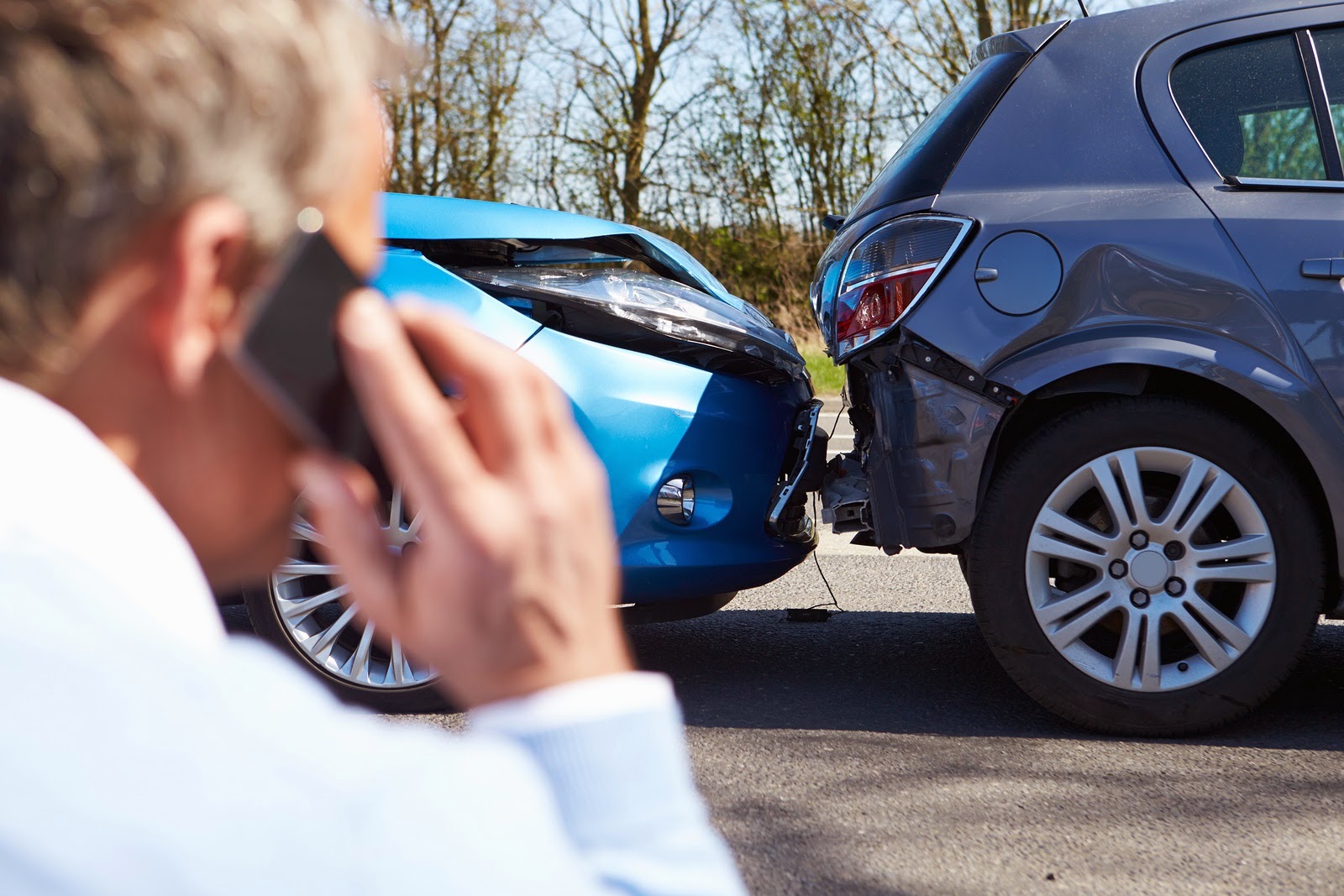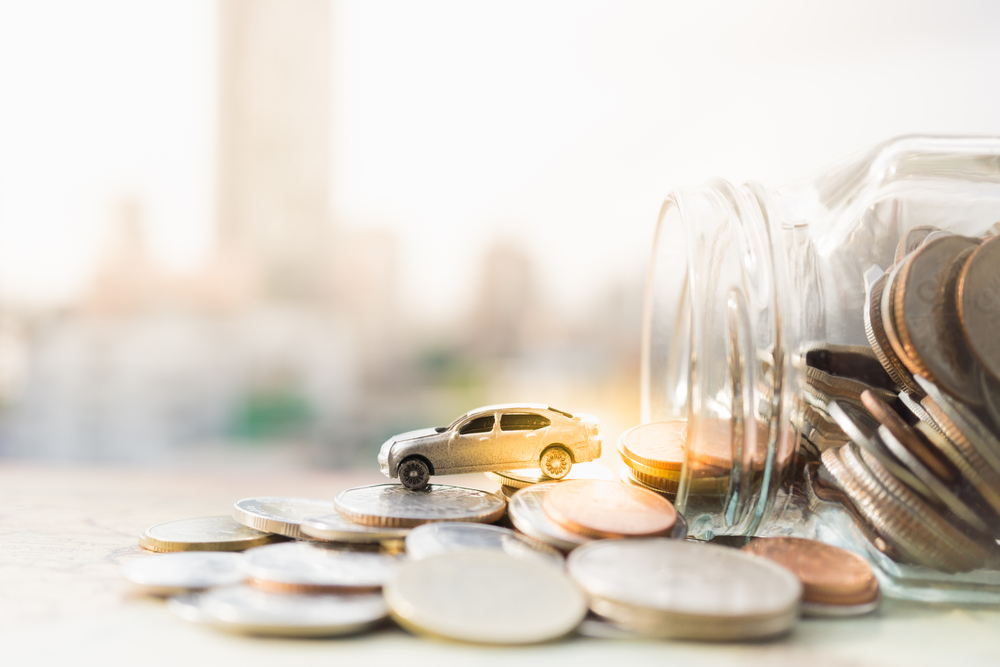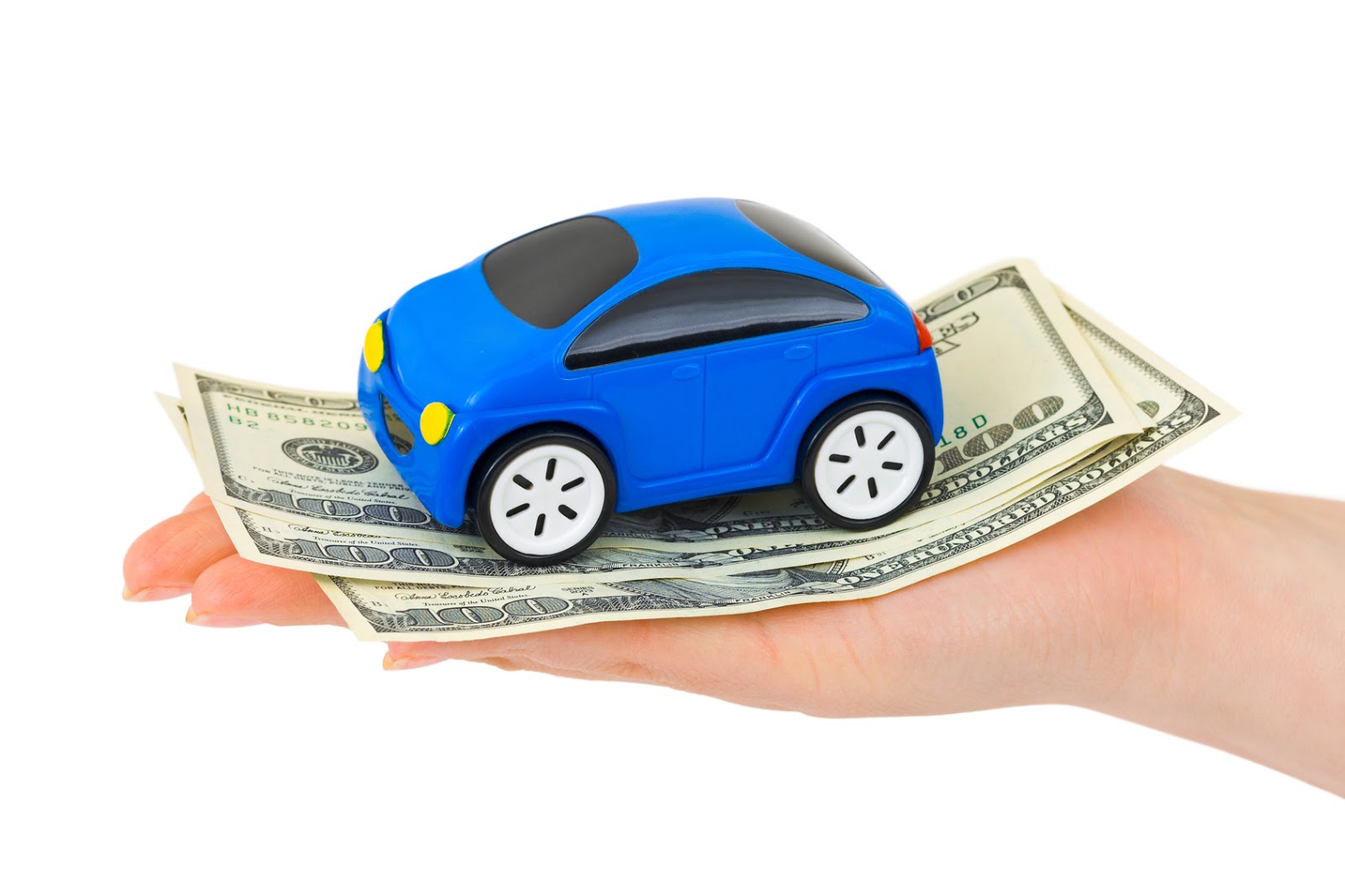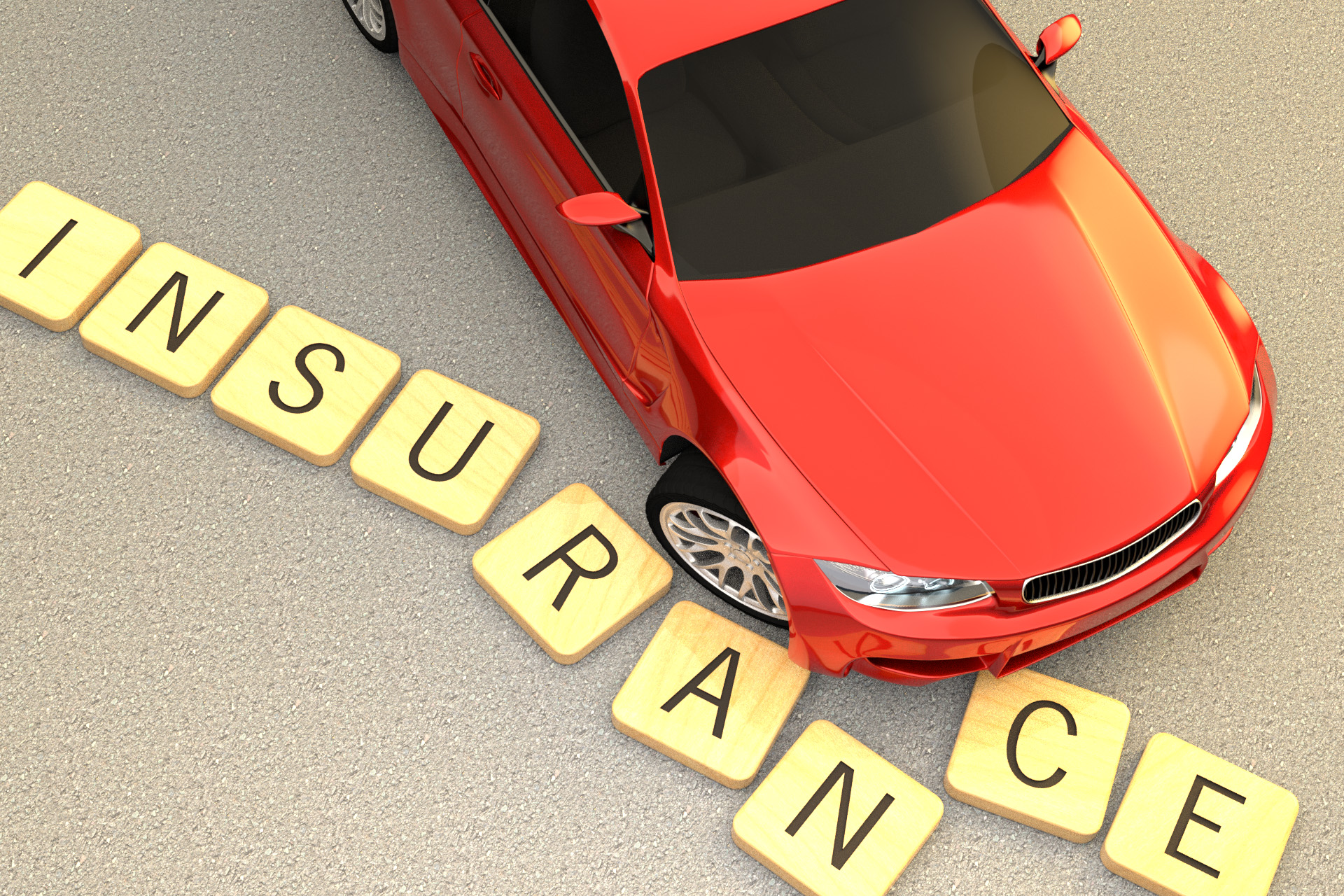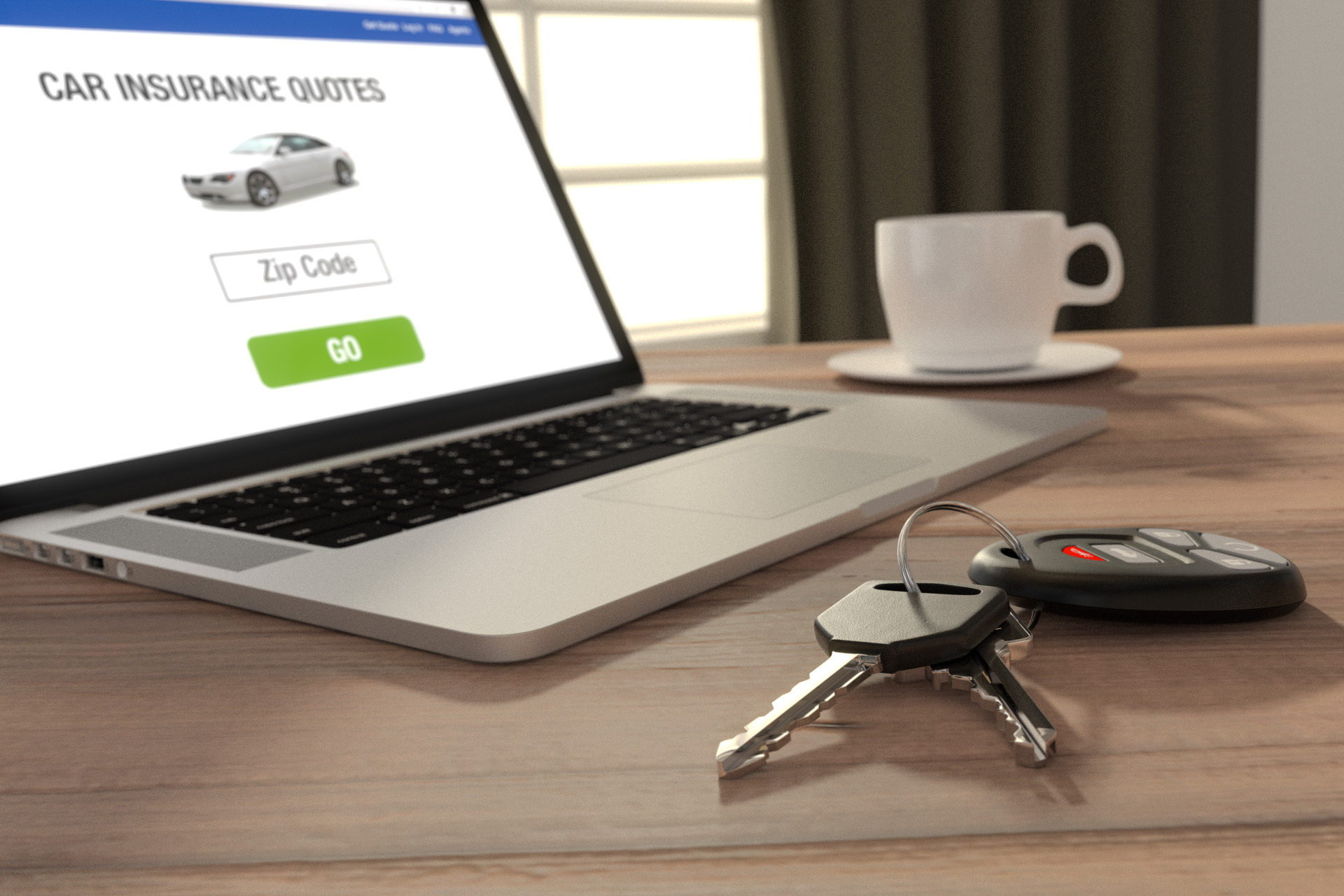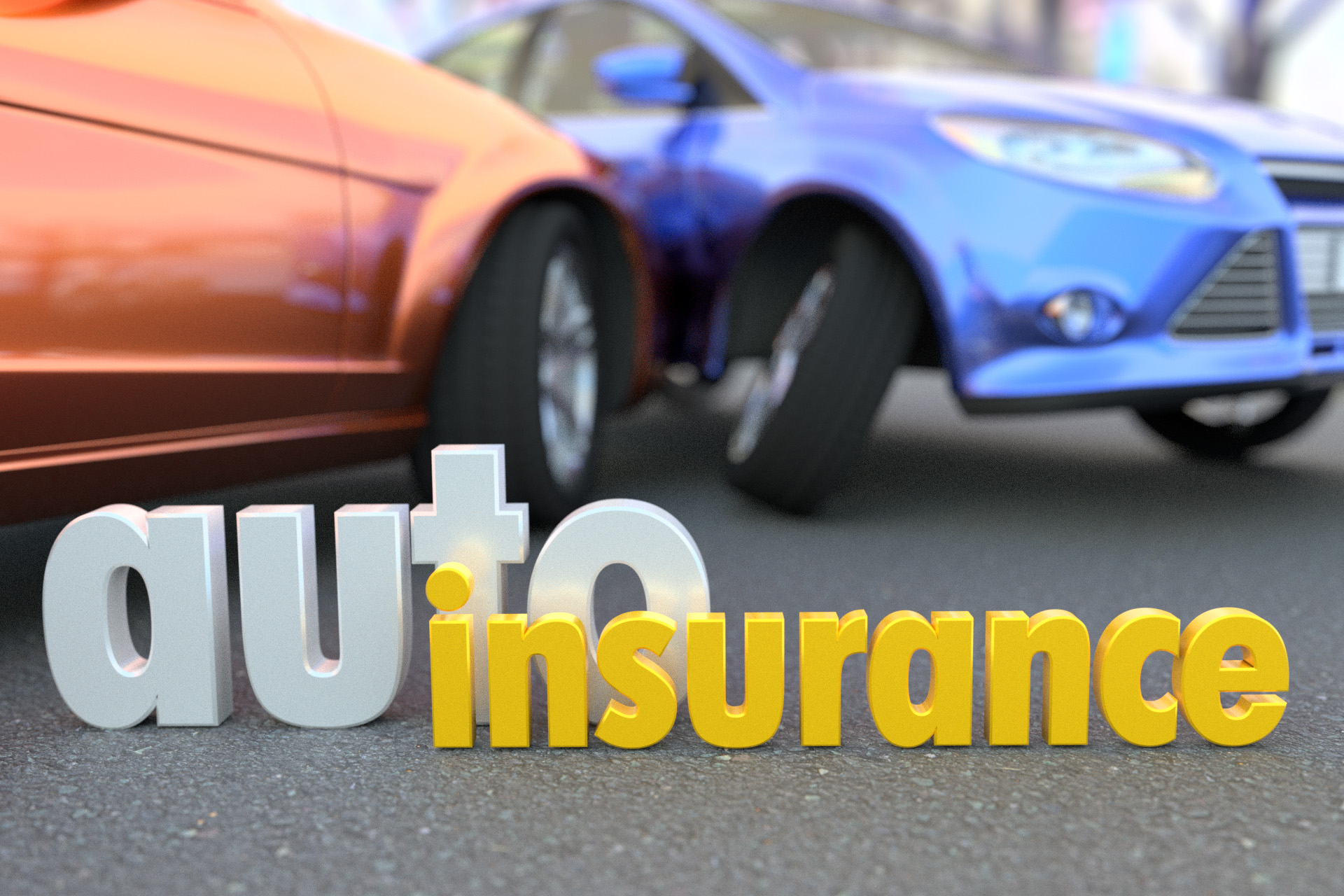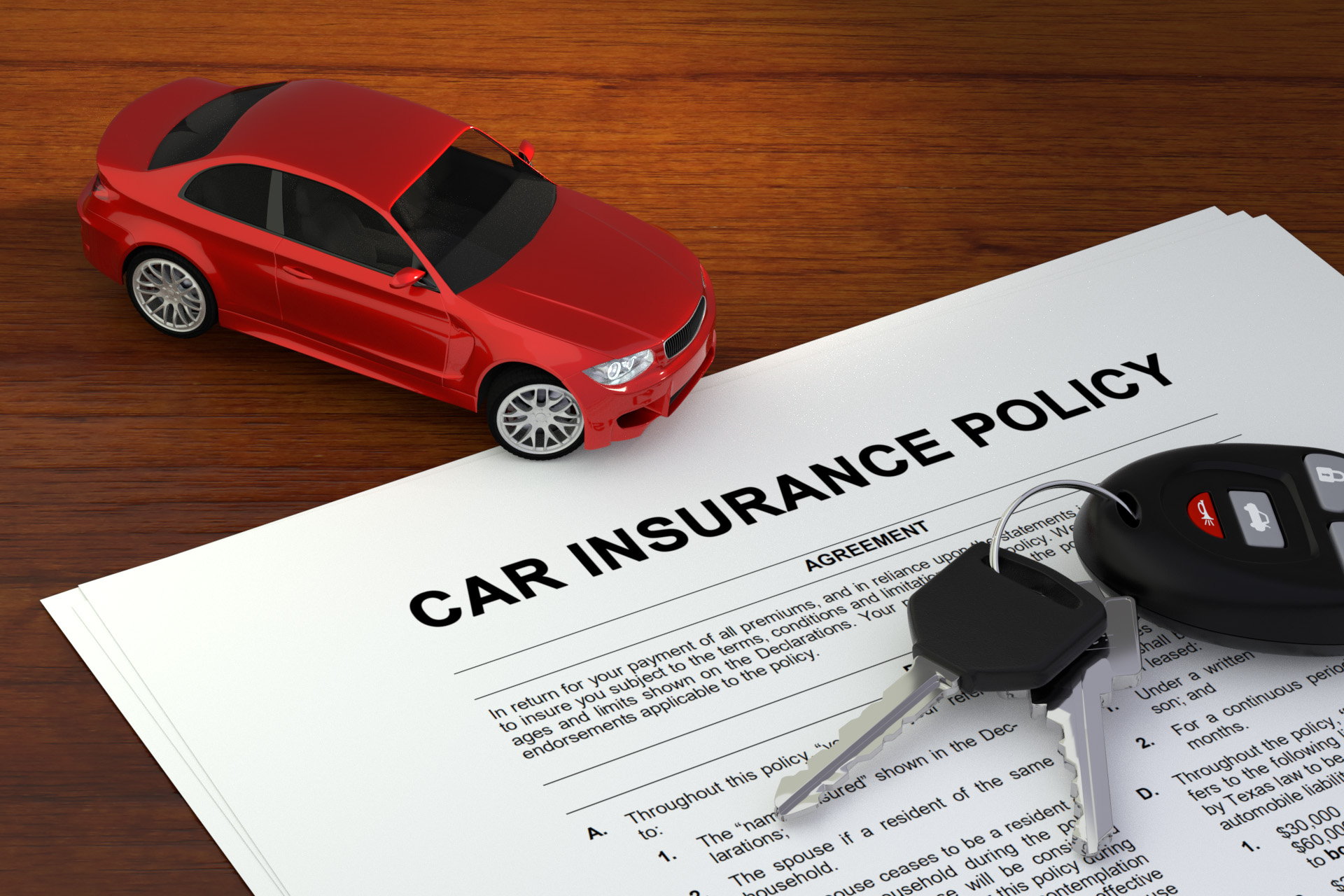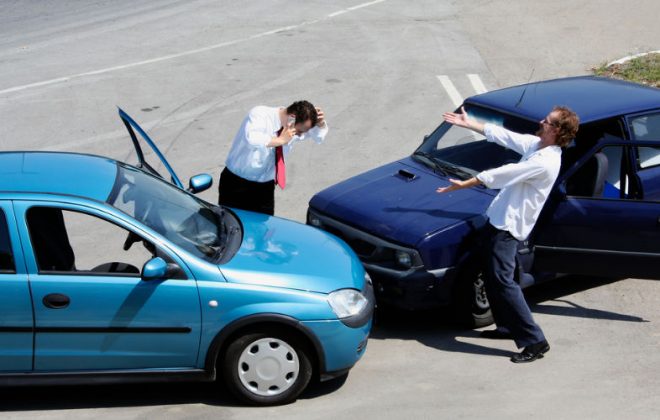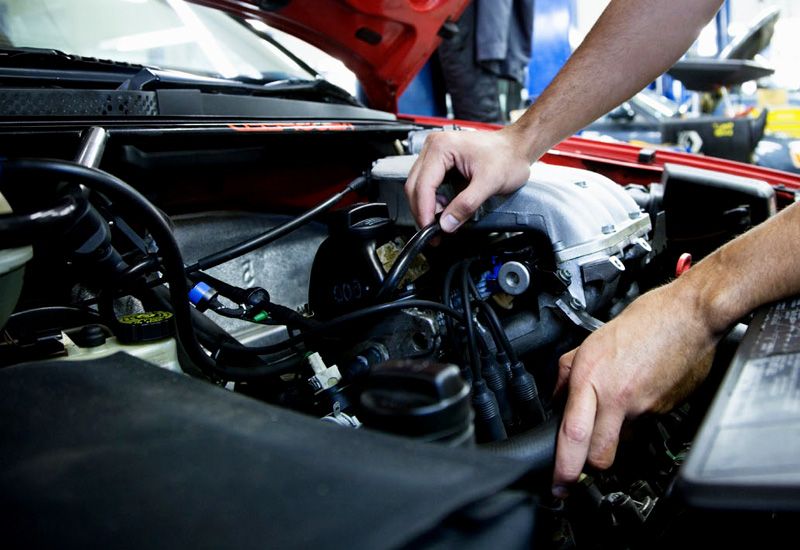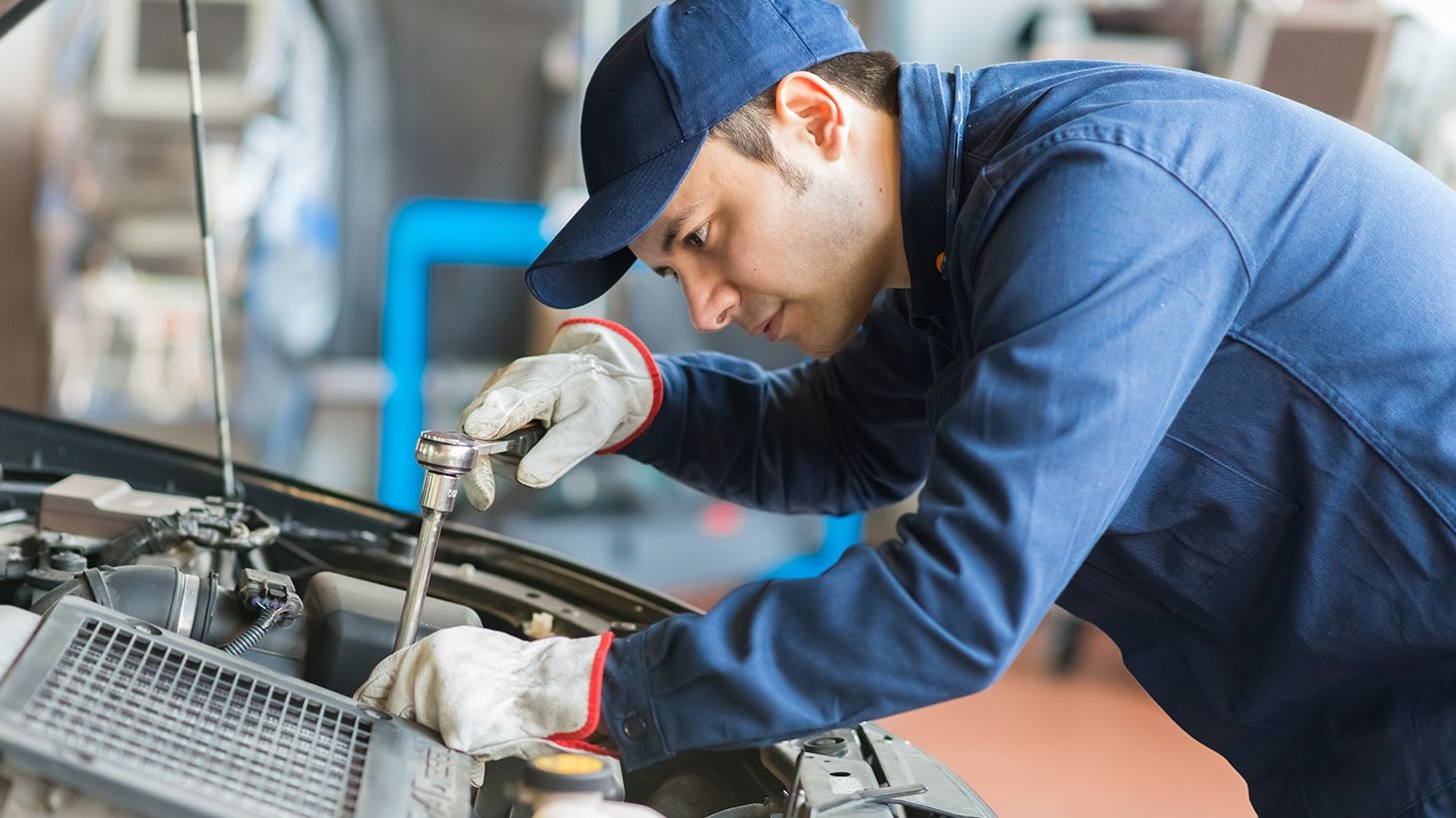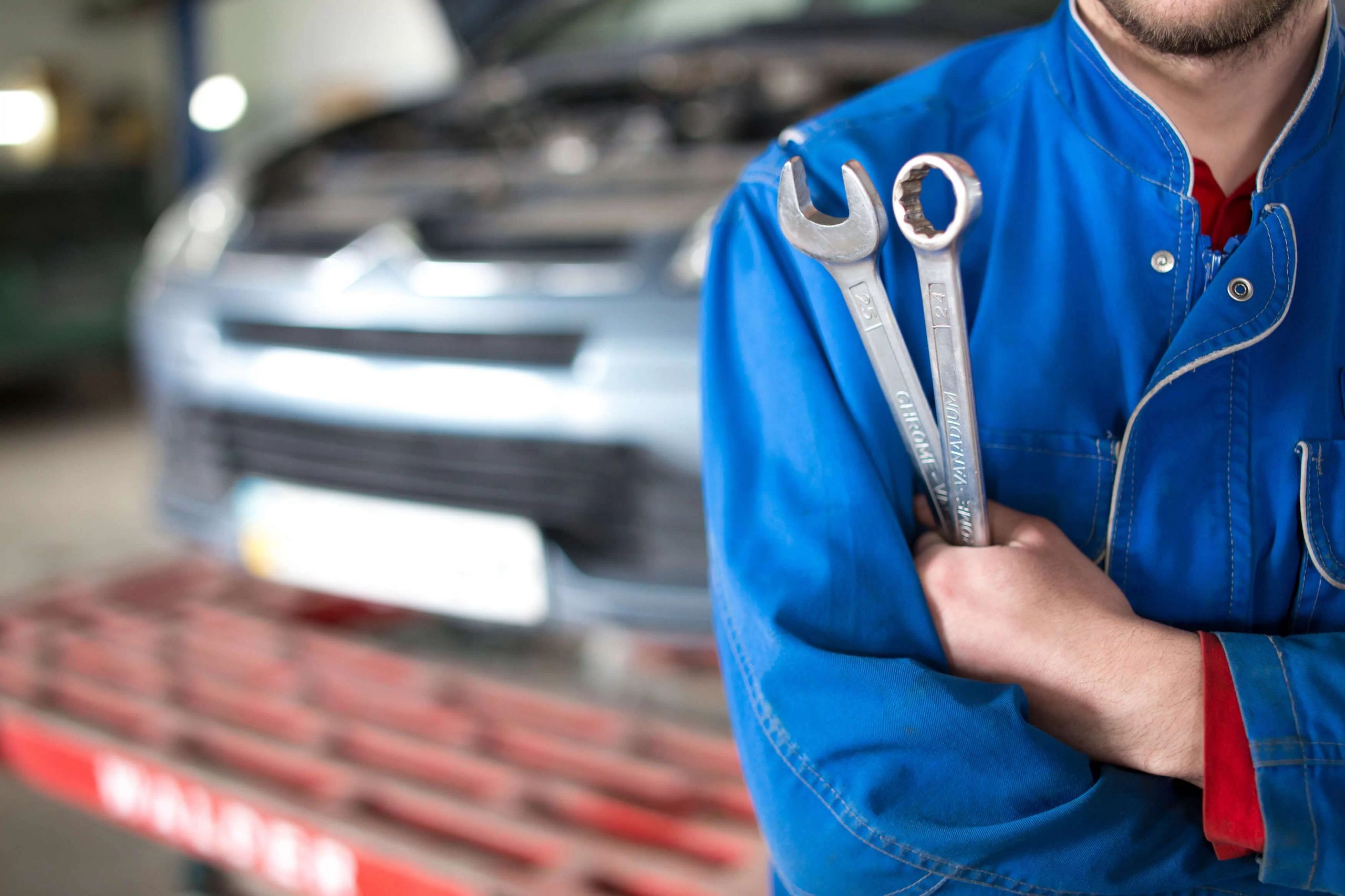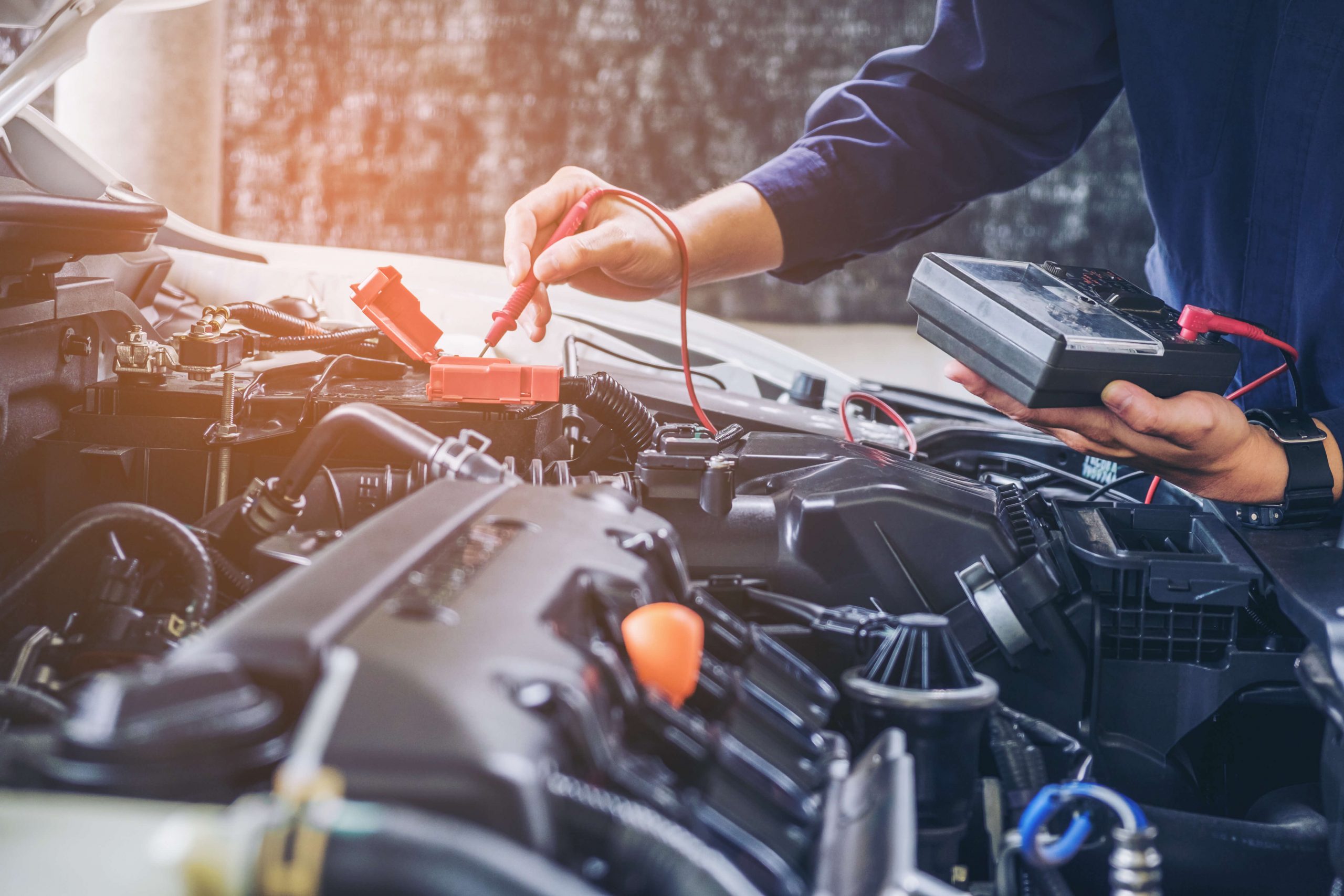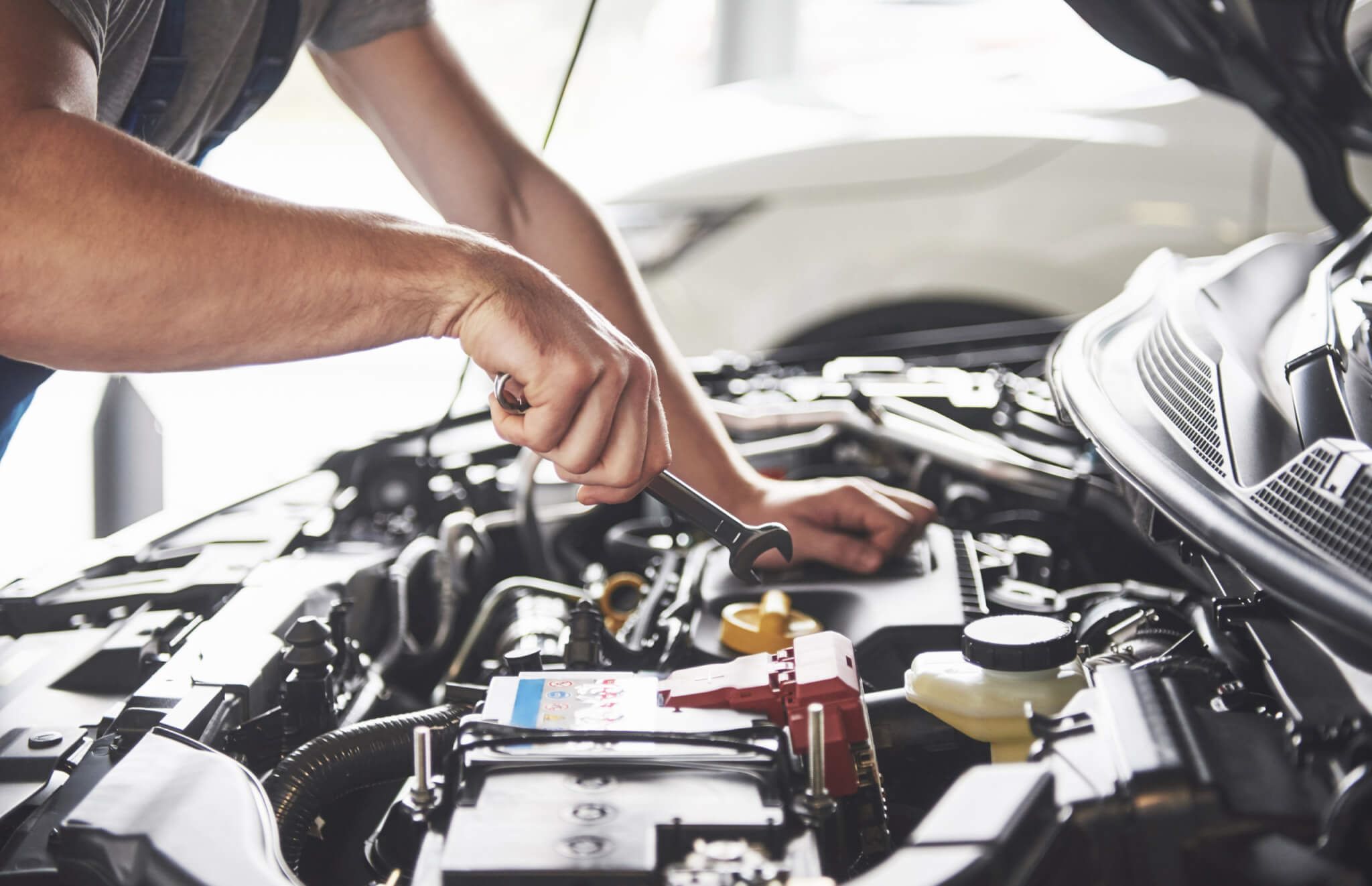Your car’s ability to start is critical for its operation, and any problems in this area can be frustrating and potentially dangerous. In this article, we’ll discuss some of the most common car starting problems and how to troubleshoot them.
- Dead Battery A dead battery is one of the most common starting problems. If you turn the key and nothing happens, it’s likely that your battery is dead or dying. To troubleshoot this problem, check your battery terminals for corrosion or loose connections. If your battery terminals are clean and tight, try jump-starting your car using another vehicle or a jump starter. If your car starts after jump-starting it, the problem is likely a dead battery.
- Faulty Starter If you hear a clicking sound when you turn the key but the engine doesn’t start, it’s likely that your starter motor is faulty. The starter is responsible for turning the engine over, so a faulty starter will prevent your engine from starting. To troubleshoot this problem, have someone try to start the car while you tap the starter with a wrench or hammer. If the car starts after tapping the starter, it’s likely that the starter motor is worn out and needs to be replaced.
- Bad Alternator The alternator is responsible for charging your car’s battery while the engine is running. If the alternator is not working properly, your car’s battery will not be charged, which can lead to starting problems. To troubleshoot this problem, use a voltmeter to check the voltage at the battery with the engine running. If the voltage is less than 13 volts, it’s likely that your alternator is not charging the battery properly and needs to be replaced.
- Ignition Switch Problems The ignition switch is responsible for sending power to the starter motor and the ignition system. If the ignition switch is faulty, your car may not start or may start intermittently. To troubleshoot this problem, try jiggling the key in the ignition while turning it. If the car starts after jiggling the key, it’s likely that the ignition switch needs to be replaced.
- Fuel Delivery Problems If your car is not getting fuel, it will not start. Fuel delivery problems can be caused by a clogged fuel filter, a faulty fuel pump, or a problem with the fuel injectors. To troubleshoot this problem, check the fuel filter for clogs or replace it if it hasn’t been changed in a while. You can also listen for the sound of the fuel pump when you turn the key to the “on” position. If you don’t hear the fuel pump, it may be faulty and need to be replaced.
Car starting problems can be frustrating, but they can often be resolved with some basic troubleshooting. By understanding the common causes of starting problems, you can quickly identify the problem and take steps to fix it. Remember to always follow proper safety procedures when working on your vehicle, and if you’re unsure about any aspect of troubleshooting, seek professional help.
